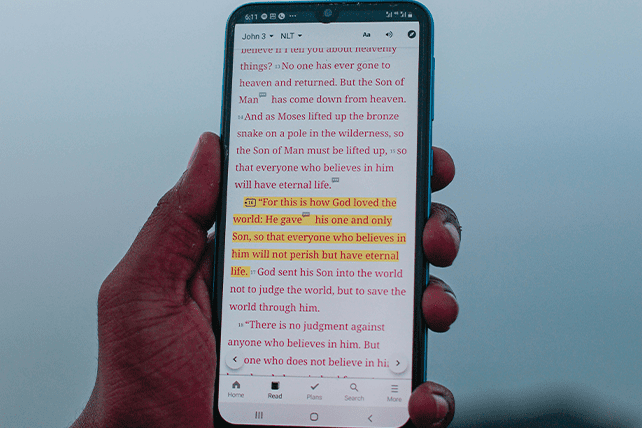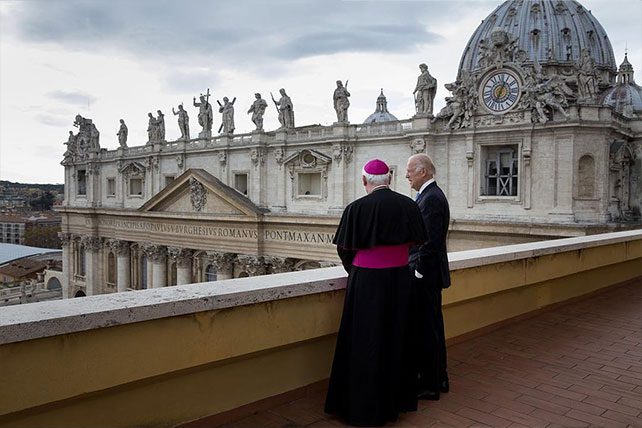The name Ted Haggard brings to mind a story that is as complex as it is captivating. Born in 1956 in Yorktown, Indiana, Ted Arthur Haggard rose to prominence as a charismatic American Methodist pastor. He is best known for his founding of New Life Church in Colorado Springs, Colorado, and his leadership roles within the American evangelical movement, including his tenure as president of the National Association of Evangelicals from 2003 until 2006. However, Haggard’s life and career have been marked by both significant achievements and controversial challenges.
Ted Haggard: Biographical and Educational Background
Ted Haggard was born into the family of Rachel and J.M. Haggard in 1956, growing up in a setting that would shape his future path as a religious leader. His early life in Yorktown, Indiana, set the stage for his spiritual calling. Haggard’s educational journey began in earnest when he attended Oral Roberts University, a private university in Tulsa, Oklahoma, known for its strong Christian ethos and focus on charismatic Christianity. This period was crucial in shaping Haggard’s theological perspectives and pastoral ambitions.
After marrying Gayle Haggard in 1978, Ted Haggard embarked on a journey that would see him establish one of the most influential evangelical churches in the United States. Together, they raised a family of five children: Christy, Marcus, Elliot, Jonathan, and Alex Haggard, amidst the burgeoning growth of his ministry.
The Rise of New Life Church and National Recognition
In 1984, Haggard founded New Life Church in his basement in Colorado Springs, Colorado. From these humble beginnings, New Life Church grew exponentially under Haggard’s leadership, eventually becoming one of the most prominent evangelical churches in America. Haggard’s dynamic preaching style and his ability to connect with a wide audience played a significant role in this growth.

























